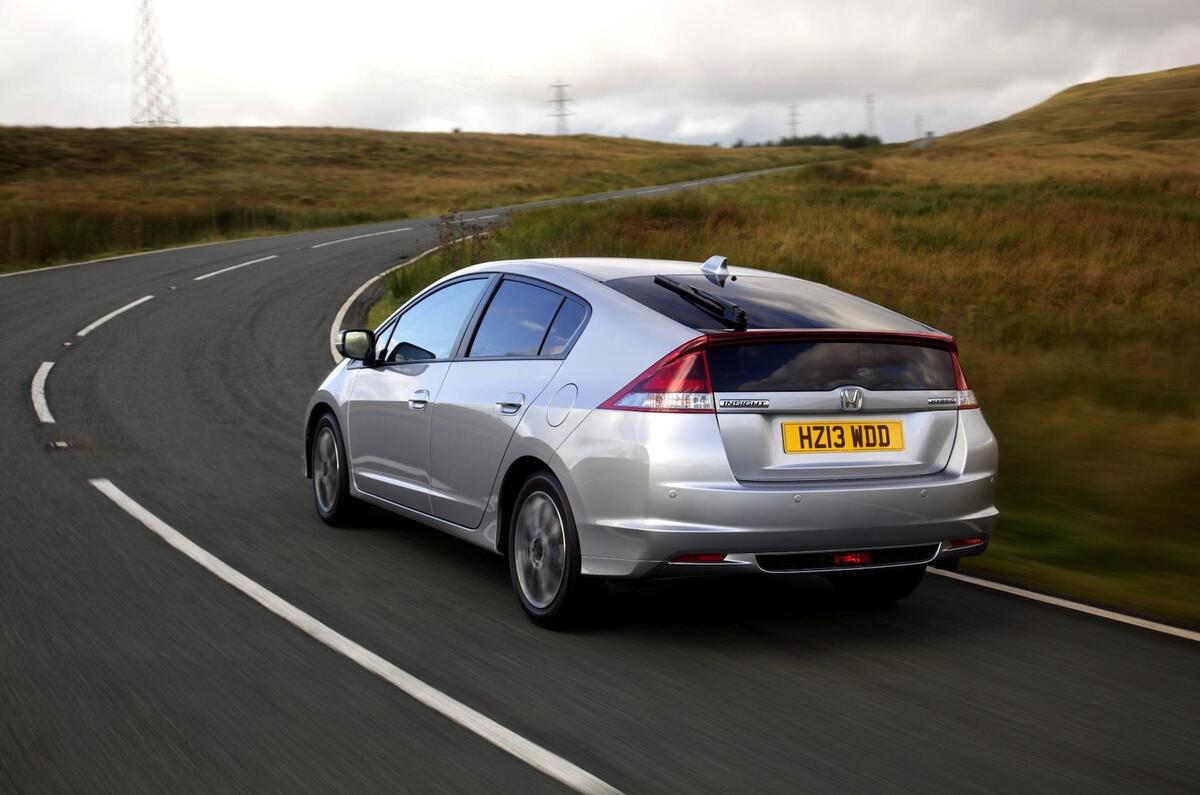For diesel, 2014 wasn't the best of years. This fuel has had a bull run since the late 1990s, when the first generation of direct-injection turbocharged engines began appearing.
I have fond memories of spending the 1998 Christmas holidays in a 150bhp Mk4 Volkswagen Golf TDI. On Boxing Day that year, I drove from Hertfordshire to Norfolk in convoy with a first-generation Audi S4 Avant. On the slingshot roundabouts of the A11, the mighty turbocharged petrol Audi had some trouble keeping up with the exit speed of the diminutive Golf.
This VW seemed to be the future: light on its feet, well packaged and with the kind of mid-range acceleration that left most regular ‘performance’ cars struggling. Indeed, such was the Golf’s mountainous torque curve that it was not beyond losing traction in third gear.
After the turn of the century, it looked like diesel would become the dominant fuel as national and transnational governments decided to heavily tilt car taxation towards lower CO2 emissions. It looked like a win-win situation. Diesel drivers were getting both swift real-world performance and impressive fuel economy.
Today, however, diesel power looks like it is fast heading towards the automotive exit. In 2014 the media finally cottoned on to the problems of urban air pollution, the majority of which can be blamed on diesel engines.
After a decade of CO2 being described as ‘pollution’, 2014 saw the rapid switch to a general understanding among the media that it is tiny particulates and nitrogen oxides that are damaging to human health, not CO2.
The diesel ownership proposition is also starting to come apart. Modern diesel cars are packed with expensive technology, which can go expensively wrong. Dual-mass flywheels give up and particulate traps can get choked and die in the UK’s heavy traffic. High-pressure diesel fuel pumps are also very expensive to replace.
Heavy diesel users – such as minicab drivers – are finding that the latest anti-pollution diesel engineering is also proving troublesome. Exhaust recirculation systems are choking engines on their own emissions. And as EU emissions regulations become more stringent, the cost of building diesel engines is rising significantly.
Perhaps the most worrying issue is that diesel engines clearly start to pollute on a grand scale as they age. Some of this is down to worn fuel injectors (which is why Volvo’s computer-controlled Denso injectors are such a great leap forward) and some of it is due to mechanical deterioration that is not yet well enough understood.
In the real world of working vehicles, the shift from diesel is already under way. The streets of the capital are thick with hybrid minicabs being run by private drivers. The Toyota Prius dominates, of course, but I would also guess that virtually all of the Honda Insights sold in the UK have now been pressed into service on London’s roads.




Join the debate
Add your comment
Diesel technology didn't start and won't end in cars.
New Legislation and technological advances are already occurring with the Euro 6 standard which reduces nitrous oxide emissions by 50 percent for example.
The diesel wont die, we cant
Shortsighted british opinion ?